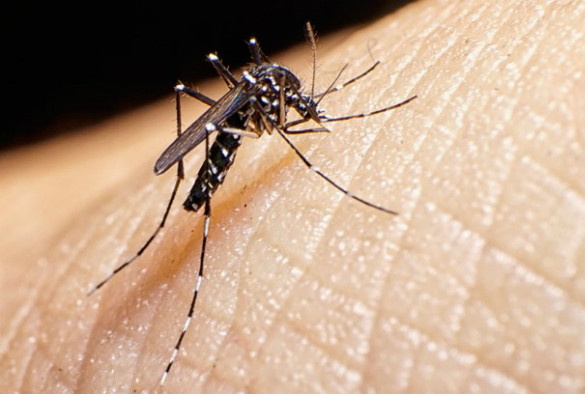
Expert reaction to the reported case of Zika infection in USA potentially via sexual intercourse with someone that had returned from a Zika-affected country.
Professor Matthew Baylis, Chair of Veterinary Epidemiology at the University’s Institute of Infection and Global Health, said:
“The reported finding of sexual transmission of Zika virus is very unusual. Zika is a member of the flavivirus family (which also includes Yellow Fever virus, dengue virus, West Nile virus and many other viruses primarily spread by mosquito vectors) and I do not know of any others in this family that have been shown to be sexually transmitted.
“As we saw with Ebola viral disease, it may be that the unprecedented number of cases, and close scientific and medical scrutiny, are revealing transmission routes that have not been recorded before.
“This route of transmission may be sufficiently rare (compared to spread by mosquitoes) that it will have little impact on the spread of the outbreak. Further research is clearly needed in this regard.
“The reported finding is, however, of clear medical significance and indicates the possible need for behaviour change in sexually-active men who may put pregnant partners at risk of acquiring the infection.”